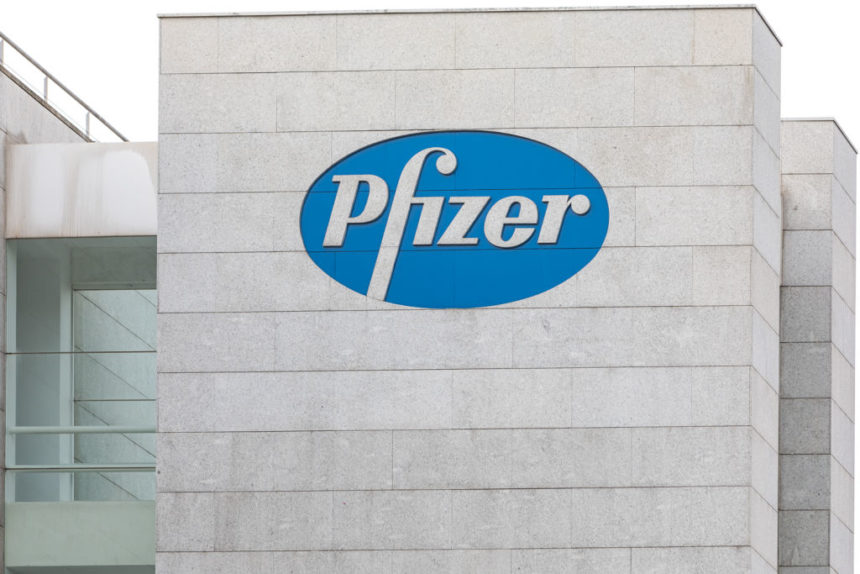The Food and Drug Administration approved Prevnar 20, Pfizer’s next-generation 20-valent pneumococcal conjugate vaccine, for treating infants and children under the age of 17.
The announcement Thursday afternoon builds on the success of Prevnar 13, Pfizer’s blockbuster pneumonia vaccine that was first approved in February 2010. Prevnar 20 prevents invasive pneumococcal disease caused by 20 serotypes as well as otitis media caused by the original seven serotypes contained in the vaccine.
The FDA made its decision based on the results from Phase 2 and Phase 3 clinical trials for the pediatric indication of Prevnar 20. Positive data from those two studies, released in August and September, respectively, confirmed the safety, tolerability and immunogenicity of the vaccine for minors.
In August 2020, the FDA granted a Breakthrough Therapy Designation to Prevnar 20. In January 2023, the agency accepted Pfizer’s priority review request for a supplemental Biologics License Application.
Going forward, the Center for Disease Control and Prevention’s Advisory Committee on Immunization Practices is slated to meet from June 21-22 and discuss Prevnar, among other recently approved vaccines.
The regulatory greenlight adds another pediatric pneumococcal vaccine to the company’s extensive portfolio.
“Today’s FDA approval of our vaccine, PREVNAR 20, now offers parents the ability to help protect their children against 20 pneumococcal serotypes in circulation, which represent the majority of pneumococcal disease in U.S. infants and children,” said Annaliesa Anderson, PhD, SVP and chief scientific officer, vaccine research and development at Pfizer, in a statement.
Pfizer CEO Albert Bourla celebrated the decision on Twitter, saying that parents have a “new way to help protect their children from invasive pneumococcal disease.”
The vaccine approval comes days before Pfizer is slated to unveil its Q1 2023 earnings report and host an accompanying conference call to discuss the results.
Additionally, Pfizer pledged Friday morning to provide more equal access to its respiratory syncytial virus (RSV) vaccine for low-income countries. This comes as the pharma giant is locked in a fierce competition with the likes of GSK and Moderna to get a leg up in the RSV vaccine market.







